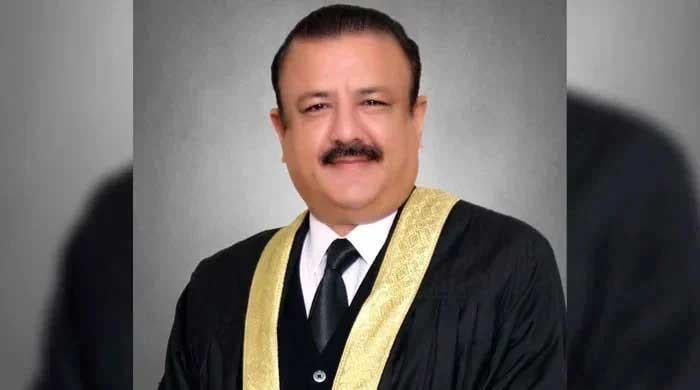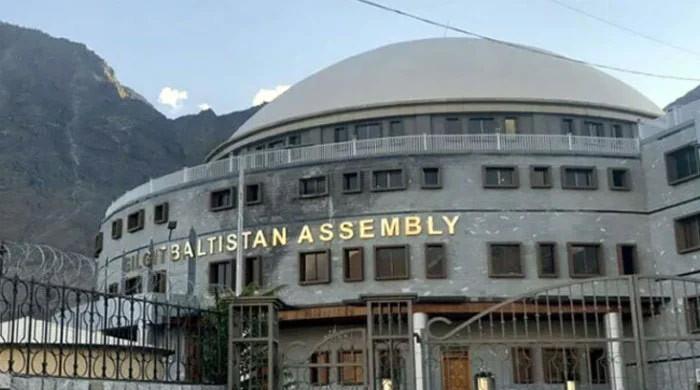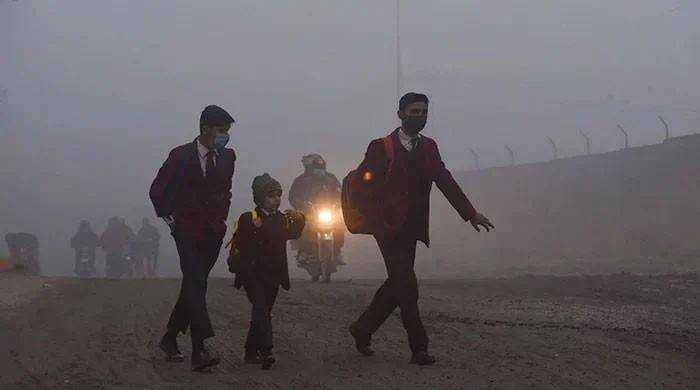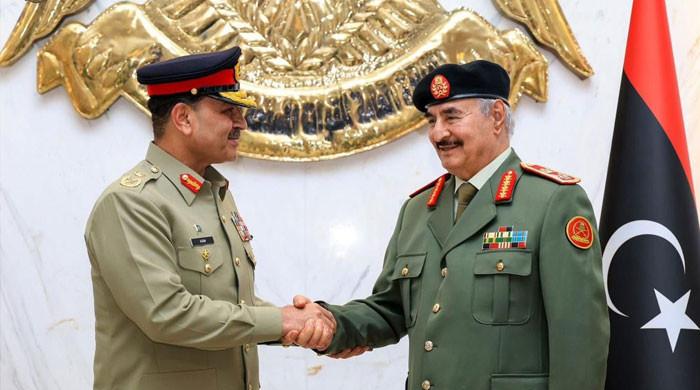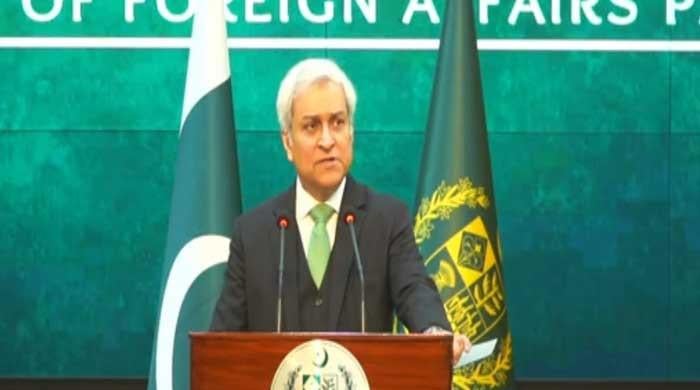Political trials violate due process, says Justice Mansoor
SC judge decries political trials as a judicial weapon of authoritarian regimes
November 27, 2024

- Bhutto’s trial termed “judicial murder” due to procedural violations.
- Transitional justice needed for accountability under authoritarianism.
- Justice Mansoor: Judges must uphold independence and principles.
ISLAMABAD: Supreme Court’s senior puisne judge, Justice Syed Mansoor Ali Shah, has criticised political trials, describing them as a powerful and infamous "judicial tool" employed by authoritarian regimes to suppress political dissent and eliminate opposition, The News reported.
“These trials frequently violate due process and fair trial requirements to produce politically desirable outcomes,” said Justice Mansoor in a seven-page additional note released on Tuesday regarding the presidential reference on the death sentence of former prime minister Zulfikar Ali Bhutto.
The Supreme Court’s nine-member bench hearing on March 6, 2024, reached the conclusion that Pakistan Peoples Party (PPP) founder Bhutto was denied a fair trial in his case.
Justice Shah said that Bhutto’s murder trial is a classic example of a political trial, illustrating how such trials can be manipulated to further authoritarian goals.
“Bhutto’s trial effectively served as a potent and notorious ‘judicial tool’ for strengthening General Zia’s authoritarian regime, aimed at suppressing political resistance, eliminating opposition and consolidating power,” Justice Shah said, adding that it helped entrench the repressive military regime under which it was conducted.
Rather than relying on independent, substantive evidence, the prosecution had leaned heavily on confessional statements obtained from Bhutto’s former associates, who had turned approvers.
The senior judge also noted the silent application of transitional justice in Pakistan, which can be found in several notable cases, including the case upholding the conviction and sentence of General Pervez Musharraf, the Sindh High Court Bar Association case (which declared General Musharraf’s proclamation of emergency and PCO unconstitutional), and the case of Nawaz Sharif, which overturned his conviction in the army chief’s aircraft hijacking case.
“These cases highlight the importance of ensuring accountability for both executive and judicial officeholders during periods of authoritarian rule,” Justice Shah said, adding that they also serve as a reminder that transitional justice will remain a vital tool for addressing any future instances of authoritarianism and political trials.
The senior judge further pointed out several violations of procedural due process and fair trial requirements committed to achieving politically desirable outcomes.
Justice Shah said that these violations included the unauthorised reinvestigation of the case (which had previously been closed by a magistrate), the unlawful transfer of the investigation from the provincial police to the Federal Investigation Agency and the unjustified transfer of the trial from the sessions court to the high court.
Additionally, Bhutto’s bail was wrongfully cancelled by a single bench of the Lahore High Court, and his recusal application was determined by judges other than the one whose recusal was sought.
Furthermore, the trial and appellate court benches were composed of judges—Justice Maulvi Mushtaq and Justice Anwar-ul-Haq—who had harboured personal grievances against Bhutto due to being passed over for appointment as chief justice of their respective courts.
There was also the unwarranted reconstitution of the appellate court bench from nine judges to seven.
“It is an established principle that justice must not only be done but must also be seen to be done,” Justice Shah emphasized.
The senior judge held that these infringements of fundamental principles also constitute violations of due process and fair trial requirements, adding that because of these glaring violations, Bhutto is rightly regarded as the victim of “unfair judicial proceedings” and “legalised political murder” — also referred to as “judicial murder.”
“Both the obvious procedural irregularities and illegalities in the reinvestigation and trial, as well as the biased composition of the trial and appellate court benches, rendered the verdict illegitimate and undermined the independence and impartiality of the superior courts (high courts and the Supreme Court) for years to come,” Justice Shah said.
He said that the Constitution and the law provide no mechanism to overturn Bhutto’s conviction and sentence, as that judgment attained finality following the court’s dismissal of the review petition.
“Furthermore, in its advisory jurisdiction under Article 186 of the Constitution, this court lacks the authority to reappraise the evidence or overturn a final decision. However, after carefully examining the record of the reinvestigation and trial proceedings, we concluded — and so stated — that the trial proceedings in the Lahore High Court and the appellate proceedings in the Supreme Court of Pakistan did not meet the requirements of the fundamental right to a fair trial and due process as enshrined in Articles 4 and 9 of the Constitution, which were later reinforced as a separate and independent fundamental right under Article 10A of the Constitution,” Justice Shah said.
Justice Shah said that judges serving under authoritarian regimes must remember that their true strength lies not in holding office but in steadfastly upholding their independence and principles.
He said that Justice Dorab Patel exemplified this ideal when he had courageously dissented in the Bhutto case, acquitting Bhutto of the charges, and later refused to take the oath under the Provisional Constitutional Order (PCO) promulgated by General Zia, thereby relinquishing his impending eight-year tenure as chief justice of Pakistan.
“Furthermore, holding both executive and judicial institutions accountable for their actions during the period of authoritarian repression, as well as exonerating past victims of state repression and miscarriages of justice, is essential for facilitating the transition of these state institutions toward greater respect for and promotion of the rule of law and fundamental human rights,” the senior judge concluded.




